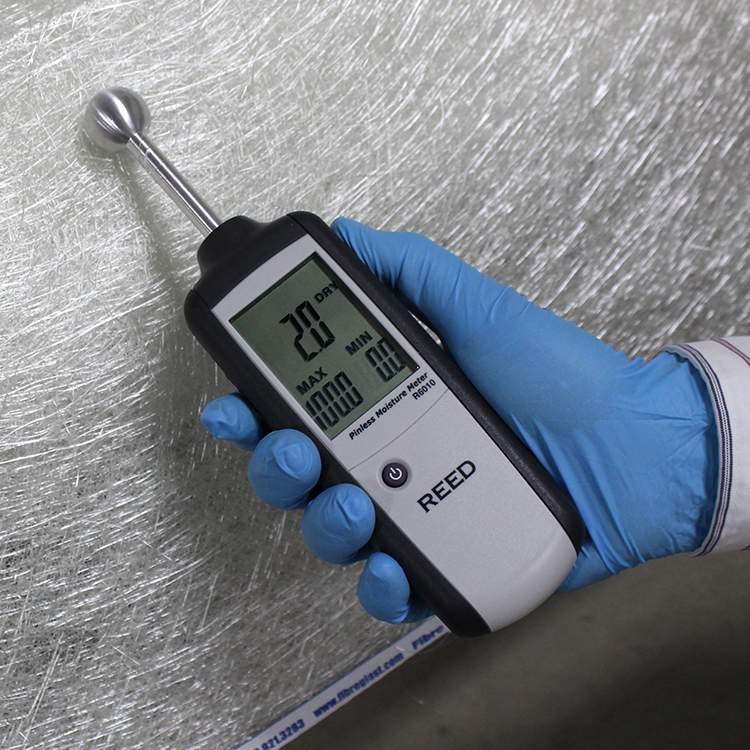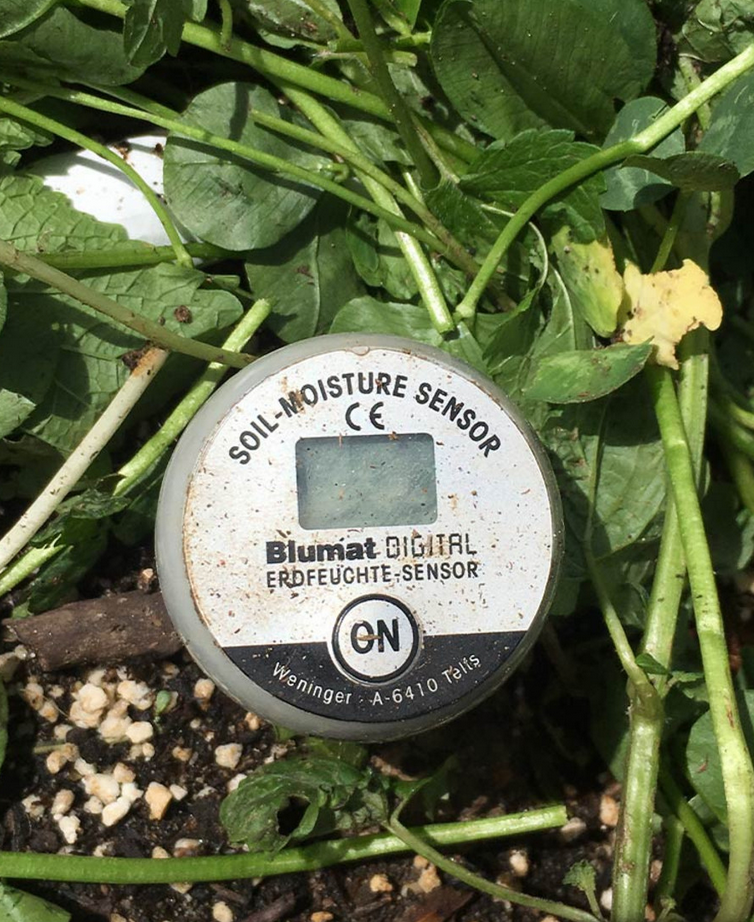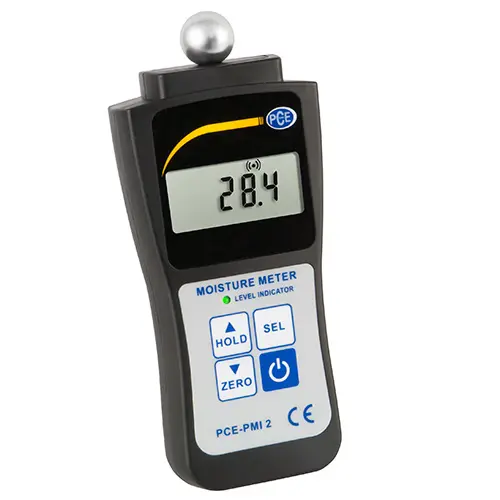Why Every Property Owner Needs a Moisture Meter: Trick Benefits and Functions
The Ultimate Guide to Moisture Meters: A Comprehensive Introduction and Exactly How They Can Conserve You Money
In the realm of building maintenance, building and construction, and different sectors, the relevance of properly measuring wetness degrees can not be overemphasized. Moisture meters function as crucial tools in spotting and keeping track of moisture web content in materials, helping in stopping expensive problems and making sure the top quality of items. Understanding the nuances of different kinds of dampness meters, their applications, and the prospective cost-saving benefits they use can be a game-changer for services and experts alike. Finding how these devices can not only simplify procedures however also add to economic savings is a trip worth beginning on.
Sorts Of Moisture Meters
Various sorts of moisture meters are offered for various applications in different industries. One usual type is the pin-type wetness meter, which determines the electric resistance between 2 pins put right into a product. This type appropriates for timber, drywall, and other structure materials. Pinless dampness meters, on the various other hand, use electromagnetic sensing unit plates to scan a bigger area without causing damage to the material's surface. These meters are excellent for rapidly analyzing dampness degrees in large areas such as floorings and walls.
Infrared moisture meters gauge the thermal buildings of a product to identify its moisture content non-invasively, making them beneficial for applications where pin or pinless meters might not be appropriate. Comprehending the different kinds of moisture meters offered can assist industries choose the most suitable tool for their specific dampness measurement needs.

Advantages of Making Use Of Moisture Meters

In addition, making use of wetness meters can lead to raised energy performance. In agricultural setups, dampness meters play a critical duty in maximizing plant returns by making it possible for farmers to keep an eye on dirt wetness degrees and make notified watering decisions.
Exactly How to Choose the Right Moisture Meter
Selecting the ideal wetness meter involves thinking about crucial variables such as product compatibility, dimension array, and calibration precision. When selecting a moisture meter, it's crucial to guarantee that the meter is ideal for the particular material you will certainly be testing. Different materials have differing electrical residential or commercial properties that can impact moisture readings, so choosing a meter designed for your product is important for accurate outcomes. In addition, take into consideration the measurement variety of the dampness meter. Ensure that the meter can identify wetness degrees within the array required for your applications. Calibration precision is one more essential factor to remember (Moisture Meter). Select a dampness meter with dependable calibration to make sure consistent and precise readings. Some meters may require regular calibration modifications, so recognizing the calibration procedure is essential. By thoroughly evaluating these aspects, you can choose a wetness meter that fulfills your requirements and gives exact wetness measurements for your projects.
Proper Techniques for Moisture Meter Usage
To make sure exact moisture readings and make best use of the performance of a dampness meter, using correct methods is necessary. When using a pin-type wetness meter, insert the pins or probes right into the material being examined till they make full get in touch with. Make certain the pins are vertical to the surface to get one of the most exact reading. For pinless moisture meters, address hold the tool level against the product and move it gradually to cover the entire location for an ordinary reading. It's essential to adjust the moisture meter according to the product being checked to improve precision. Take multiple readings throughout the surface area and typical them out for a much more dependable outcome. In addition, guarantee that the product being checked is adjusted to the environment to avoid skewed readings. Normal maintenance of the moisture meter, such as cleaning the pins or sensor, is additionally essential to make sure accurate and constant analyses. By following these proper techniques, users can count on their moisture meter to give reliable moisture degrees, aiding in preventing expensive damage or making sure high quality in numerous applications.

Expense Cost Savings With Moisture Meter Applications
Just how can the calculated utilization of wetness meters bring about considerable expense savings across numerous sectors? Moisture meters play a vital duty in expense financial savings by preventing potential damages and making sure high quality control in various markets. In the farming sector, wetness meters help in determining the ideal time for collecting crops, stopping over-drying or excess dampness that can impact the end product's top quality. This exact surveillance helps farmers avoid unnecessary losses and optimize their return.

Additionally, in the food handling sector, wetness meters are necessary for keeping an eye on item quality and making certain conformity with safety policies. By precisely determining moisture content in food items, suppliers can avoid perishing, maintain freshness, and decrease waste, leading to considerable price financial savings. In general, the tactical application of moisture meters is a beneficial investment that can result in significant cost decreases and enhanced efficiency across different industries.
Final Thought
In conclusion, wetness meters are useful tools for identifying and gauging moisture degrees in numerous materials. By making use of the appropriate dampness meter and complying with appropriate methods, customers can properly protect against pricey problems brought on by excess dampness. Investing in a high quality wetness meter can result in substantial price savings in the lengthy run by determining prospective concerns early on and enabling timely removal. Inevitably, dampness meters are necessary instruments for maintaining the integrity and longevity of structures and products.
Dampness meters serve as indispensable tools in finding and checking moisture material in materials, assisting in protecting against pricey damages and making sure the high quality of products. Infrared moisture meters measure More Info the thermal homes of a product to determine its dampness content non-invasively, making them useful for applications where pin or pinless meters might not be ideal.Moisture meters supply very useful advantages in properly keeping track of and evaluating moisture degrees in diverse materials and environments. In agricultural settings, wetness meters play an important function in optimizing crop returns by allowing farmers to monitor dirt dampness levels and make educated irrigation decisions.In conclusion, moisture meters are useful tools for gauging and identifying dampness degrees in numerous products.